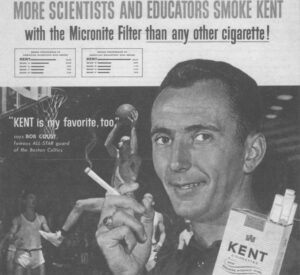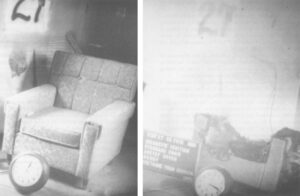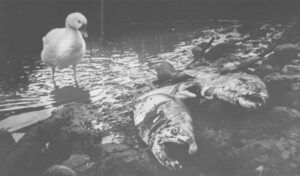
“The Greatest Health Protection in Cigarette History!”
WEST GROTON, MA.-By the time he was 40, Milton Wheeler was too short of breath to fix the kids’ mini-bikes or play a round of golf. He had to give up his career as a policeman–and his dream of becoming chief–there being no place for




